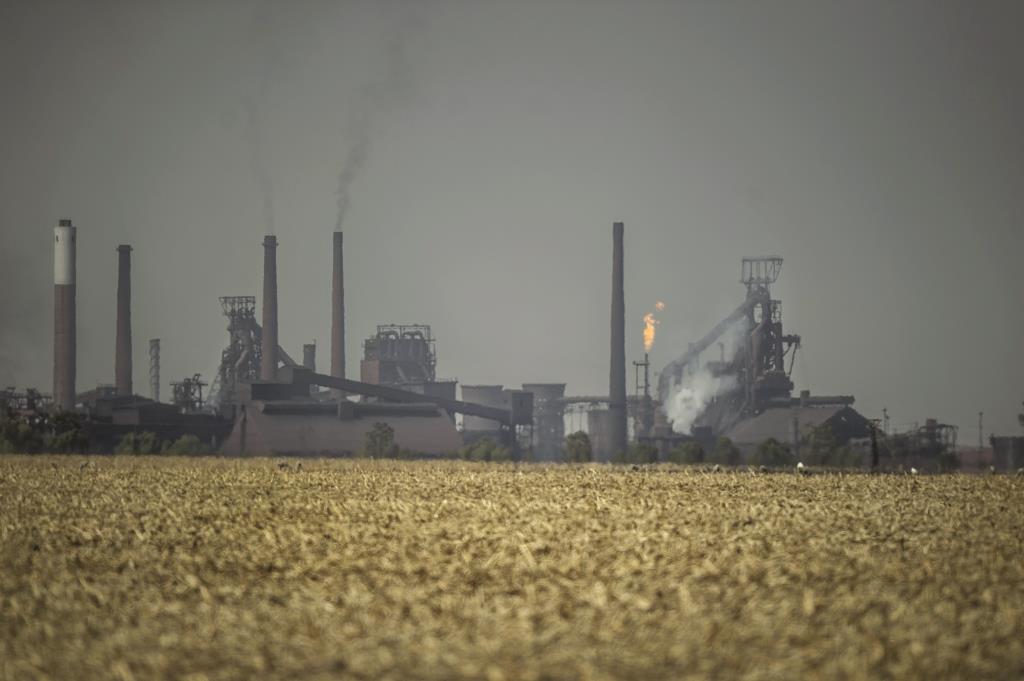It was tough on a lonely farm in the tiny town of Molteno in South Africa’s Eastern Cape in 1940. The world was at war and South Africa was staggering from the great depression.
On this windswept property, the farmer’s wife had an idea to make money for her family. Elizabeth Anne Greyvensteyn wanted to bake biscuits to sell to her friends at church and on neighboring farms. The only problem was she didn’t have any money to convert her barn into a bakery.
So the farmer’s wife sought a £1,500 loan from a new unknown government agency. Three quarters of a century later both lender and lendee are household names.
The loan to the farm near Molteno was the first issued by the Industrial Development Corporation (IDC) that celebrated 75 years of operation in October. From Greyvensteyn’s bakery emerged the huge brand name Ouma rusks. The company expanded down the years into a conglomerate and formed a partnership with Simba, a popular potato chips manufacturer.
For the IDC, this was the first of a multitude of loans that built scores of Johannesburg Stock Exchange companies and created hundreds of thousands of jobs.
Loading...
“Sasol was established in 1950 with an initial capital investment by IDC of R10 million ($700,000) after many years of research on the viability of using South Africa’s abundant low-grade coal resources as sources of liquid fuels. The company produced its first synthetic fuels and chemicals at its plant in Sasolburg in 1955. The NATREF refinery, a joint venture with Total, started producing fuel in 1971 and Sasol II commenced operation in 1983. The company privatized and was listed on the Johannesburg Stock Exchange in 1979,” says Mandla Mpangase, the IDC public relations manager.
Today, Sasol is an Africa-based company leading the technology innovations around the world. This sought after petrochemical giant is actively involved in gas-to-liquids (GTL) technology, using the natural gas to boost innovations and resourcefulness by creating liquid fluids such as diesel and kerosene. On the FORBES Global 2000 list, ranking the world’s largest public companies, Sasol is ranked 366 and is valued at $21.9 billion.
Over the years, IDC expanded its mandate to lend support to companies beyond South African borders, starting with Mozal, Mozambique’s aluminium smelter, in 1998.
With the 2008/09 global financial crisis, again IDC was prompted to draw up schemes to finance and create jobs for companies in distress.
According to Chief Executive Officer Geoffrey Qhena, the aim of the IDC interventions was only to ensure companies stayed afloat, but also that they grew.
A company born during the apartheid regime, IDC has transformed to serve all in business. Qhena highlighted this at the 20 years celebration of South African democracy in 2014.
“The corporation made sure that companies improved capacity levels and become competitive on the world market. We also focused on developing black industrials. So far, we have spent R4.8 billion ($338 million) to fund black businesses in the in the last 20 years… In the last three years, we have approved 22 projects with a commitment of R13 billion ($900 million),” he said.
So what started with a rusk biscuit on a dusty farm 75 years ago is just getting into its stride.
Loading...
